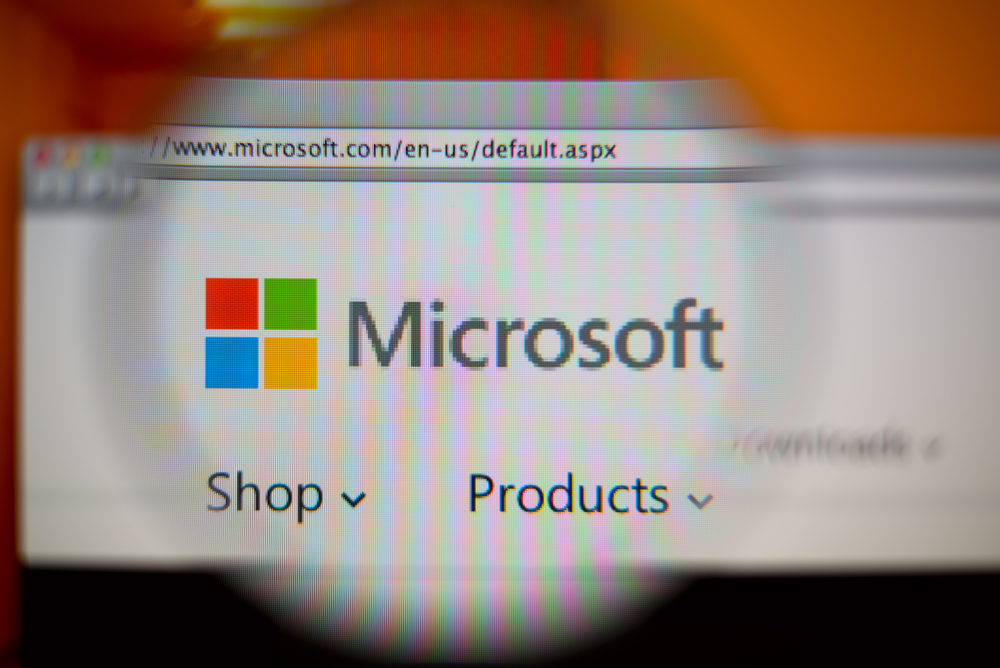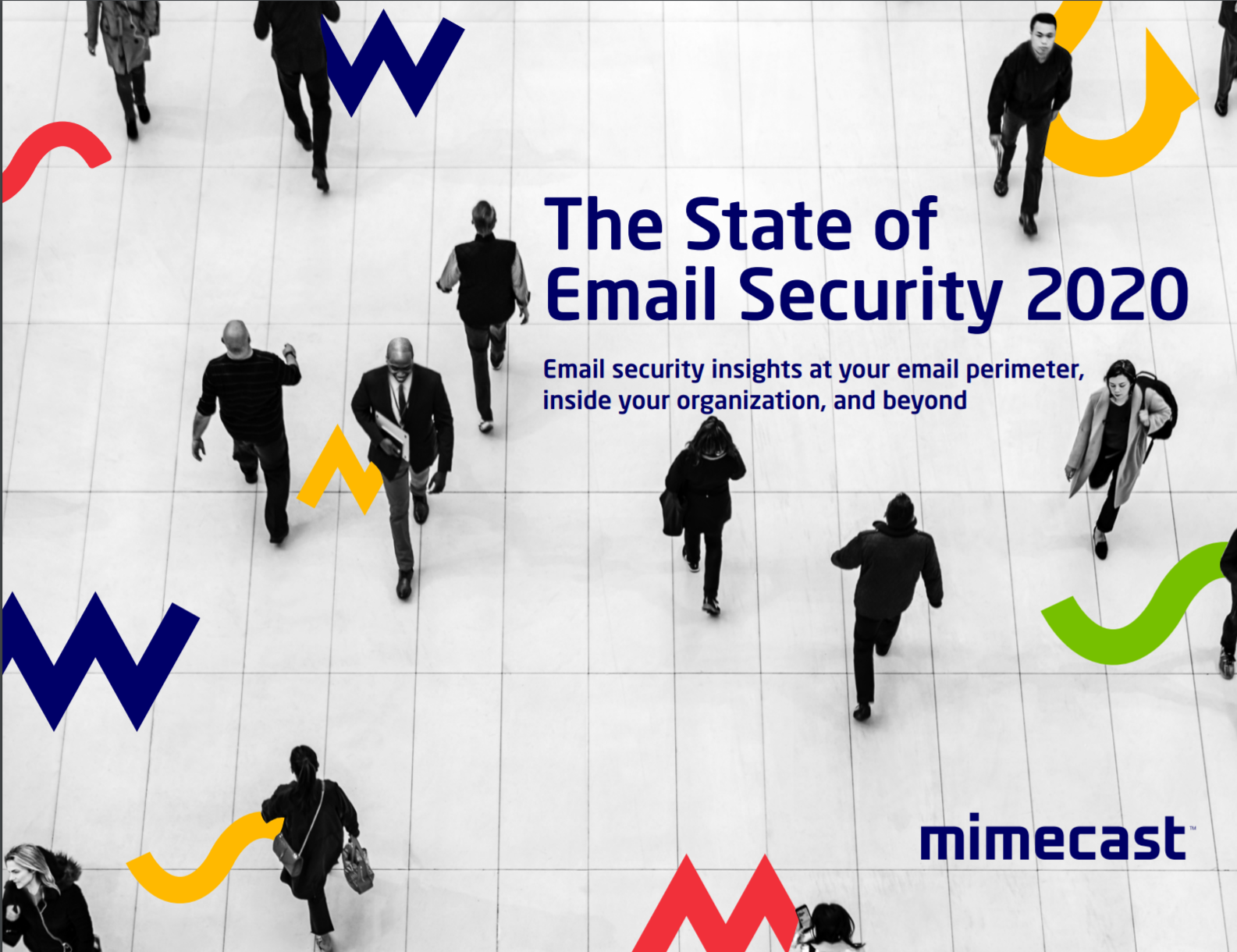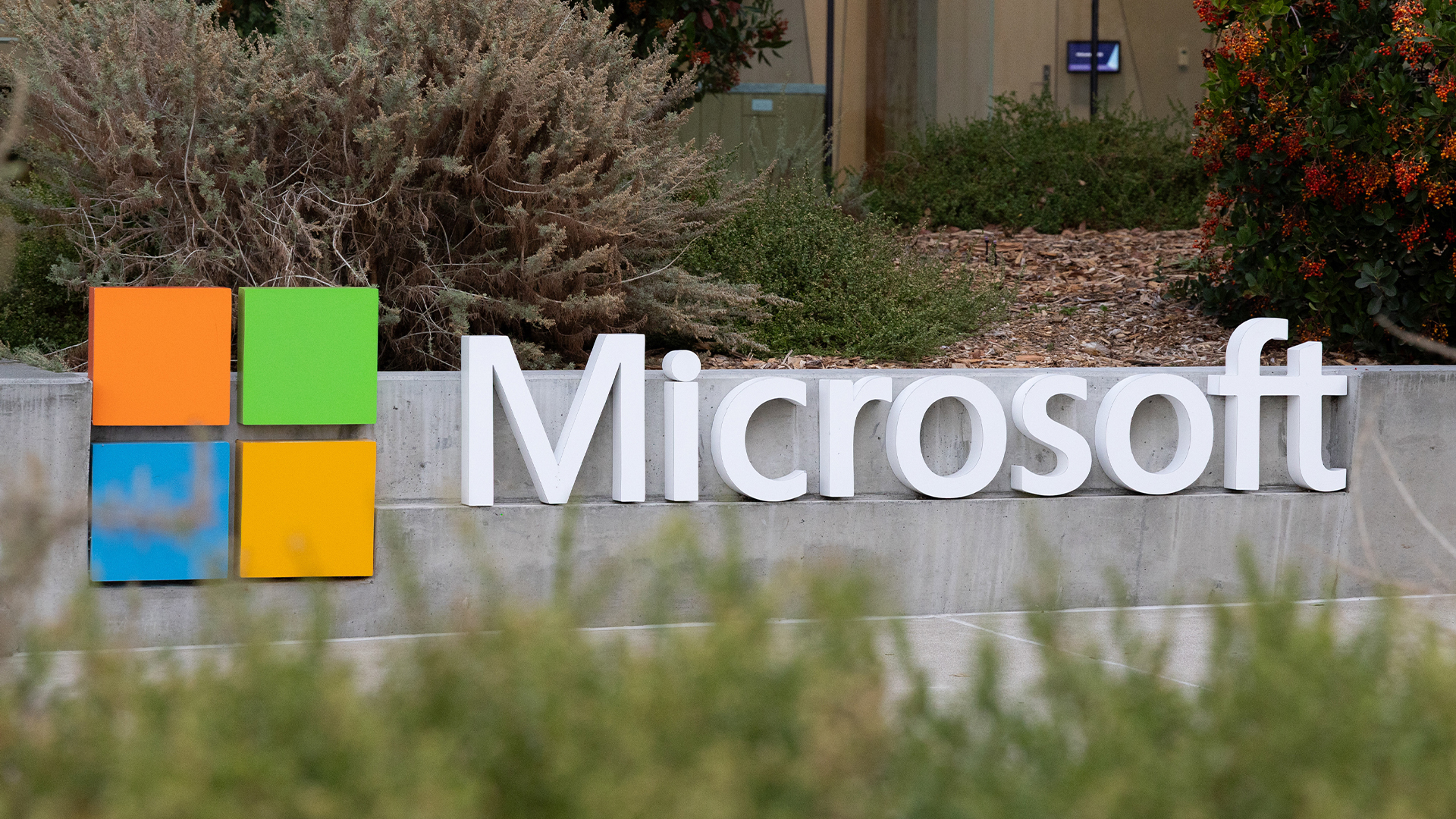Microsoft becomes the most-spoofed brand for phishing attacks
The tech giant was imitated in almost 20% of all phishing attacks during the third quarter


Sign up today and you will receive a free copy of our Future Focus 2025 report - the leading guidance on AI, cybersecurity and other IT challenges as per 700+ senior executives
You are now subscribed
Your newsletter sign-up was successful
Microsoft was the most-spoofed brand by hackers during the third quarter of 2020, featuring in nearly a fifth of all global brand-based phishing attacks.
That's according to Check Point, which claims that Microsoft jumped from the fifth spot in the second quarter to first place in Q3, overtaking the likes of Amazon and Google. Its research shows that, during the three-month period, around 19% of all brand phishing attacks globally spoofed the software giant, up from just 7% in the previous quarter.
Check Point attributed Microsoft's leap to the number one spot to the ongoing shift to mass remote working necessitated by the COVID-19 pandemic.
Maya Horowitz, director of Threat Intelligence & Research at Check Point said: “In this past quarter, we saw the highest increase in email phishing attacks of all platforms compared to Q2, with Microsoft being the most impersonated brand.
"This has been driven by threat actors taking advantage of the mass migration to remote working forced by the COVID-19 pandemic, to target employees with fake emails asking them to reset their Microsoft Office 365 credentials."
In mid-August, for example, Check Point researchers witnessed a malicious phishing email trying to steal credentials of Microsoft accounts. The attack attempted to encourage victims to click on a link which redirected the user to a fraudulent Microsoft login page.
Check Point says that that email was the top attack vector during the third quarter, accounting for 44% of all phishing attacks, closely followed by web phishing (43%). Mobile phishing attacks made up the remaining 12%.
Sign up today and you will receive a free copy of our Future Focus 2025 report - the leading guidance on AI, cybersecurity and other IT challenges as per 700+ senior executives
RELATED RESOURCE

The State of Email Security 2020
Email security insights at your email perimeter, inside your organisation, and beyond
"As always, we encourage users to be cautious when divulging personal data and credentials to business applications, and to think twice before opening email attachments or links, especially emails that claim to from companies, such as Microsoft or Google, who are most likely to be impersonated," said Horowitz.
Back in July, Microsoft announced that it had successfully seized a number of web domains used in a sophisticated phishing scheme that attempted to exploit concerns related to the coronavirus pandemic.
Carly Page is a freelance technology journalist, editor and copywriter specialising in cyber security, B2B, and consumer technology. She has more than a decade of experience in the industry and has written for a range of publications including Forbes, IT Pro, the Metro, TechRadar, TechCrunch, TES, and WIRED, as well as offering copywriting and consultancy services.
Prior to entering the weird and wonderful world of freelance journalism, Carly served as editor of tech tabloid The INQUIRER from 2012 and 2019. She is also a graduate of the University of Lincoln, where she earned a degree in journalism.
You can check out Carly's ramblings (and her dog) on Twitter, or email her at hello@carlypagewrites.co.uk.
-
 Going all-in on digital sovereignty
Going all-in on digital sovereigntyITPro Podcast Geopolitical uncertainty is intensifying public and private sector focus on true sovereign workloads
-
 Microsoft says 100% of its global electricity consumption is now matched by renewable energy
Microsoft says 100% of its global electricity consumption is now matched by renewable energyNews The tech giant is among the largest corporate purchasers of renewable energy
